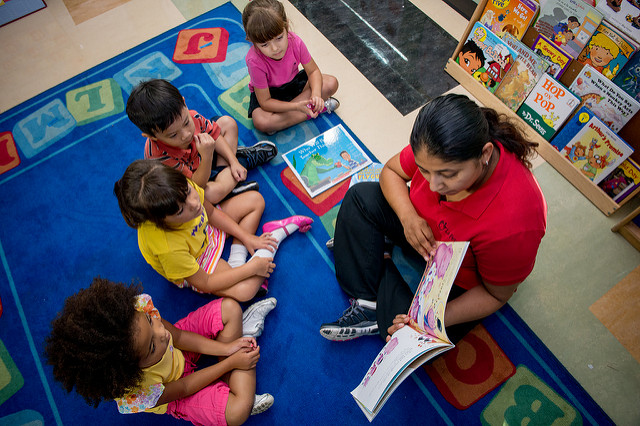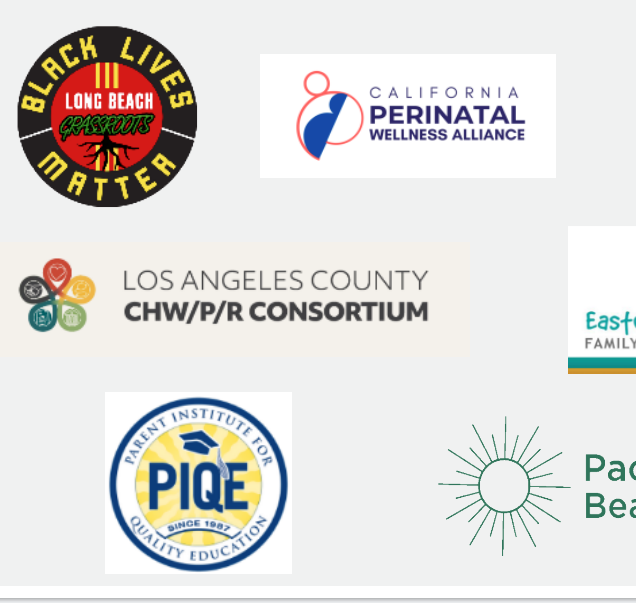By Kim Belshé and Moira Kenney
In these volatile political times, one thing is clear to the majority of Americans – early education is important. Two polls conducted in 2016 show that voters prioritize early education opportunities. The First Five Years Fund found that 90 percent of Americans think government should work to make early education more accessible and affordable, and PPIC found 67 percent of likely voters say California should fund voluntary preschool programs for all 4-year-olds in the state.
Beyond opinions, the evidence is clear: early education is a smart investment. According to new research from USC and the University of Chicago, high-quality early childhood development programs support two generations – by supporting working parents to be more productive while providing their children lifelong skills. High-quality early childhood programs deliver a return of 13 percent per child per year, a better return than investing in the S&P 500.
Despite the research and the public support, California simply isn’t investing enough in early education. More than 1.2 million eligible children still are not enrolled in subsidized child care because there isn’t enough state funding. Sixty percent of our nation’s 4-year-olds lack access to publicly-funded preschool, according to the U.S. Department of Education. In California, 236,000 children and their families are priced out of high-quality, nonprofit preschool programs, and estimated waiting lists for working parents top more than 300,000. At bottom, 40 percent of all 4-year-old Californians don’t have an opportunity to learn and prepare for K-12.
Right now, California has an opportunity to ensure that families have access to affordable, quality child care that will prepare children for success in kindergarten and beyond. California slashed more than $1 billion in funding for early education during the recession, eliminating child care and preschool opportunities for more than 100,000 children and working families. State funding for early care and education is still 20 percent below pre-recession levels.
We need to do more. Governor Brown made important progress last year with a budget deal that would add preschool slots, allow local preschools to support more livable wages for workers, and preserve transitional kinder programs for 4-year-olds. But in his newly-proposed 2017-2018 budget, the Governor opted to flatline funding for this year’s expected preschool slots while removing wage increases for preschool workers. In 2017, we must recognize the importance of early education and make it a priority.
For every dollar spent today on early education, our state will see a future benefit of $6.30, based on reduced costs for crime, welfare and healthcare. Today in California – where market rates for private preschools are comparable to the cost of tuition at the University of California – too many youngsters, especially those from Latino and African American families, do not have access to quality programs that help put them on a level playing field with their more privileged counterparts. Without adequate public support for preschool, cycles of inequality and inequity persist. We must address this critical issue in 2017 so that we do not spend future decades paying for our lack of foresight and investment.
While we face volatile times nationally, California has the opportunity to lead on early childhood investment and build a lasting foundation for our future.
Kim Belshé is Executive Director of First 5 LA. Moira Kenney, Ph.D. is the Executive Director of the First 5 Association of California.
This opinion editorial was originally published by the Sacramento Bee on January 30, 2017






